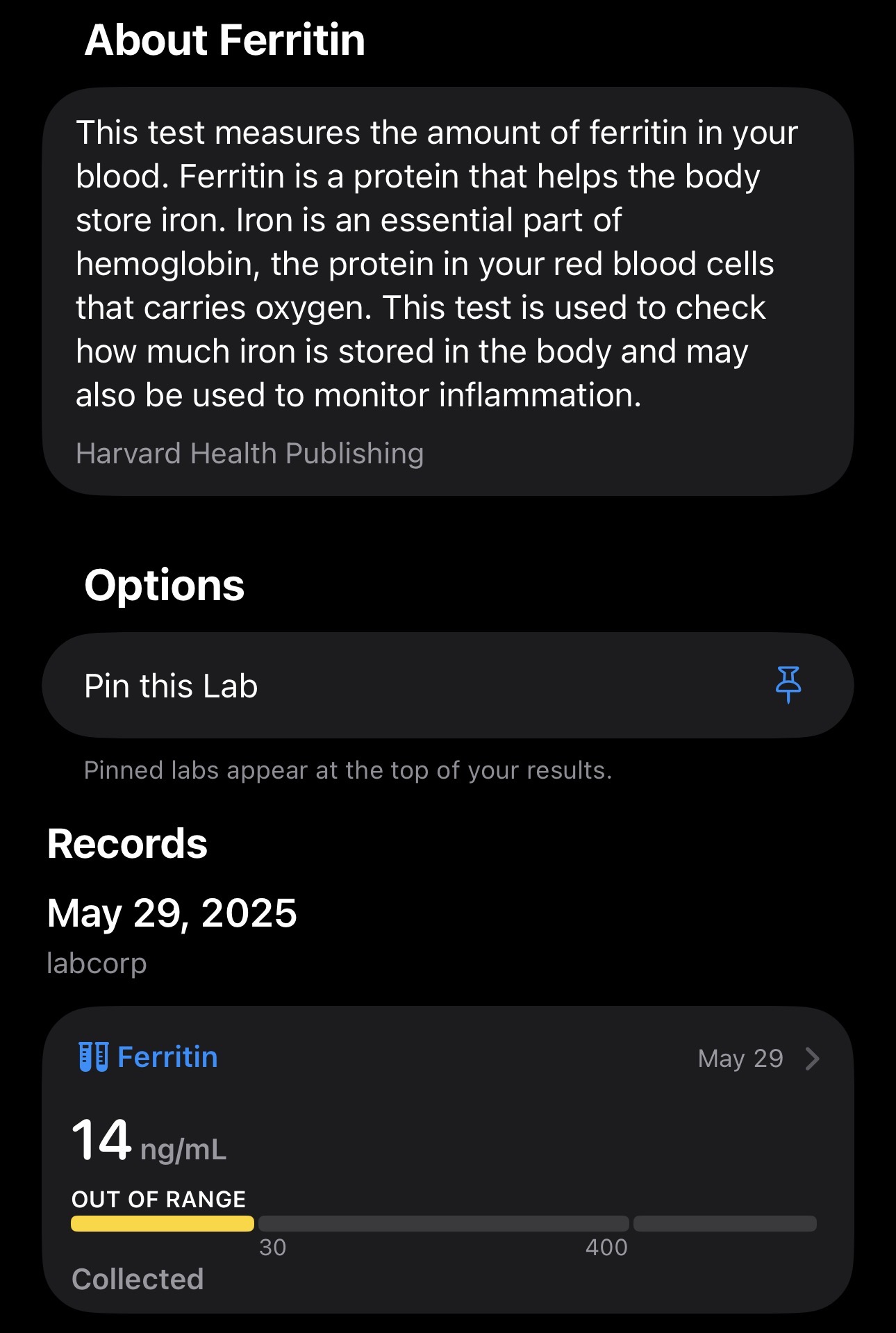There is a lot of buzz about peptides like BPC-157, TB-500, MOTS-C and obviously GLP-1 agonists in the health and fitness world. Every influencer seems to have their favorite “stack” of them that promise energy, endurance, fat burning and general injury healing.
As Matt Kaberlein explains thinking of “peptides” as one thing is silly the same way that talking about “drugs” or “medications” is silly and simplistic.
While I personally have no interest in body building or getting juiced on steroids, I find that many folks in the body building world provide a lot of interesting insights into various treatments and their side effects. The best example are Vigorous Steve who produces fascinating deep dives on various compounds and Chase Irons who does ridiculous self experiments while carefully keeping his bloodwork under control.
From my research (if you can call watching a bunch of YouTube videos and googling things that) it seems the most interesting peptides that are worth exploring are:
– L-Carnitine: helps with endurance and fat metabolism.
– BPC-157/TB-500: often referred to as the Wolverine stack, this combo seems widely regarded as useful in improving soft tissue healing after injury or surgery.
– MOTS-C: considered an energy booster that improves mitochondrial efficiency.
Tag: Medicine 3.0
Check your bloodwork (regularly)!
I recently got a pretty comprehensive blood test done (via marekhealth/labcorb). Mostly no big surprises and in line with what I saw in my annual physical. However, I discovered that I had scary low iron saturation.

I don’t really know why. Everyone asked whether I had recently donated blood — I had not. I think Peter Attia states in one of his AMA podcasts that if you have low ferritin levels the default assumption is that you have colon cancer. Luckily I very recently had the routine colonoscopy every PCP makes 50 year olds have — and the result were clean.
My only guess is that my big change to my nutrition somehow affected my iron value. I wish I had historical numbers but I don’t think I ever got a blood test that included iron saturation.
The moral of the story is: please regularly check your blood work! There are labcorp and Quest locations all over the US and Apple Health can automatically import the results so you have historical record. If any values are out of range educate yourself what they mean and then have an informed conversation with your doctor.
